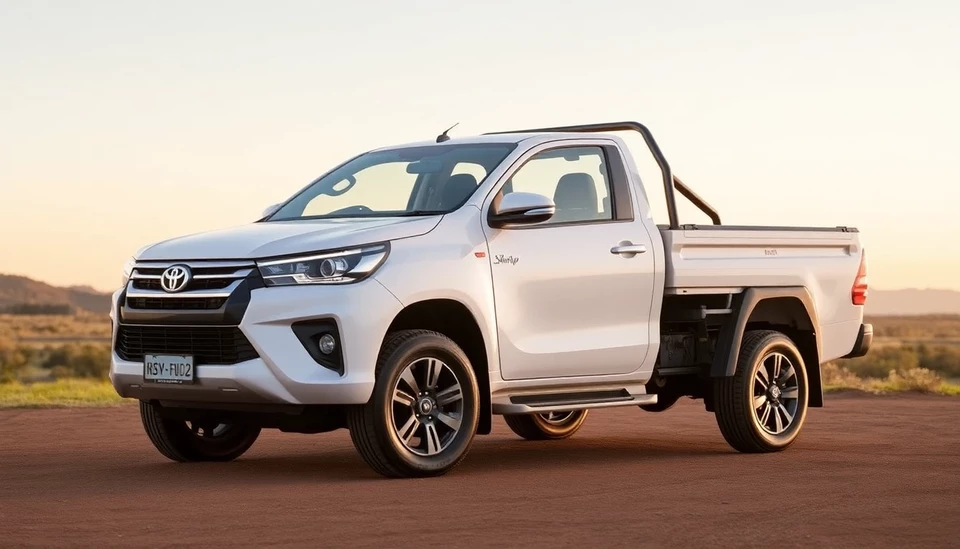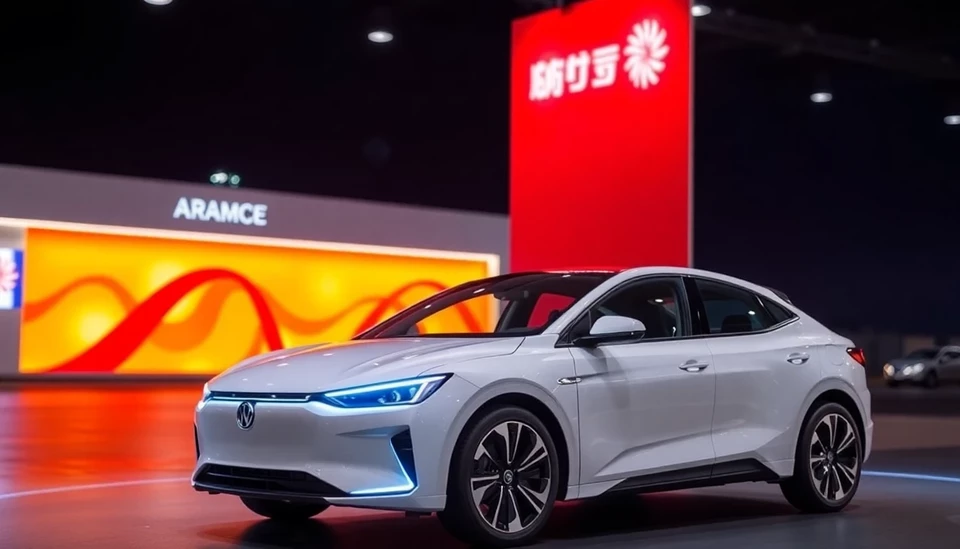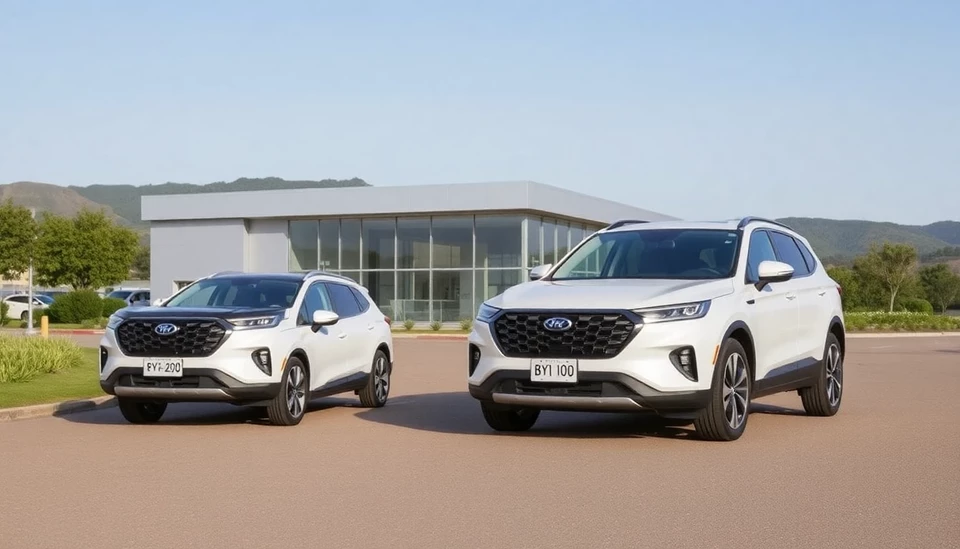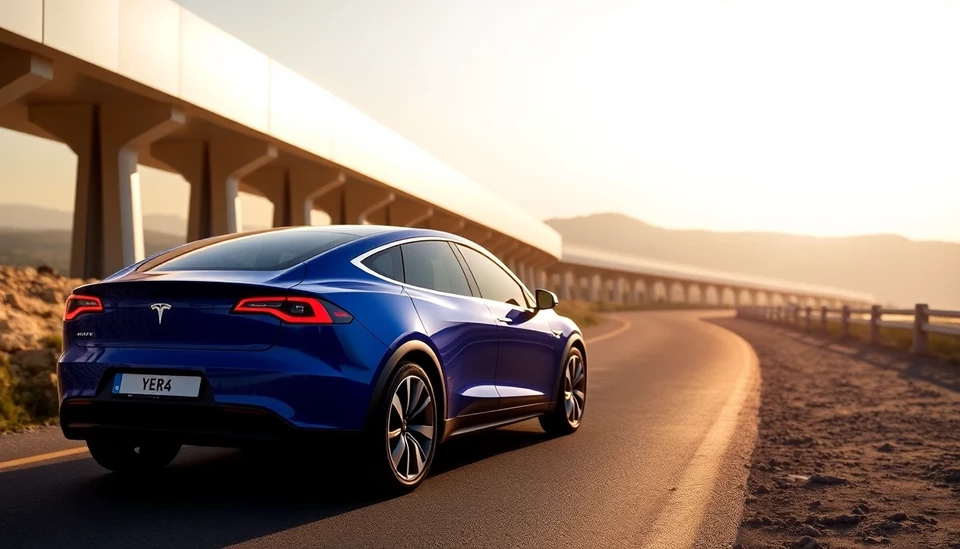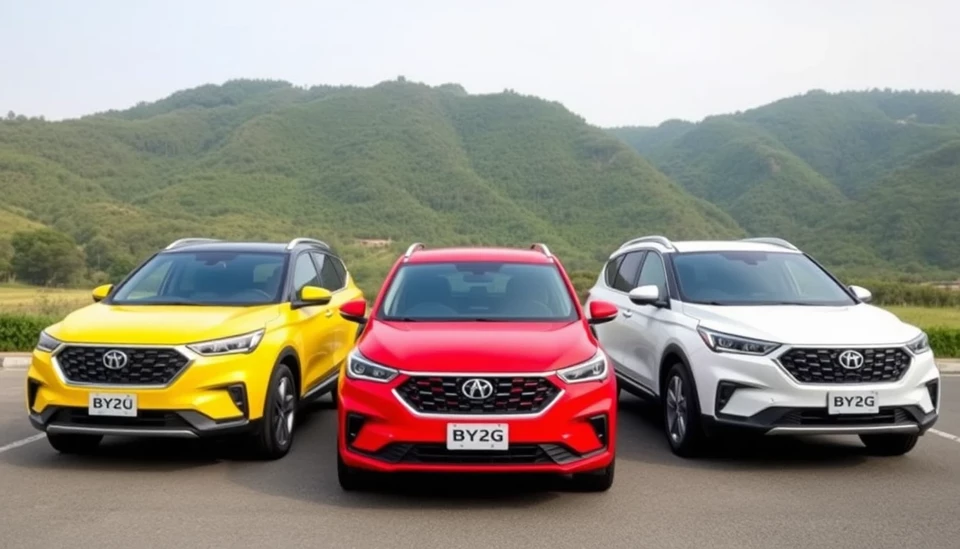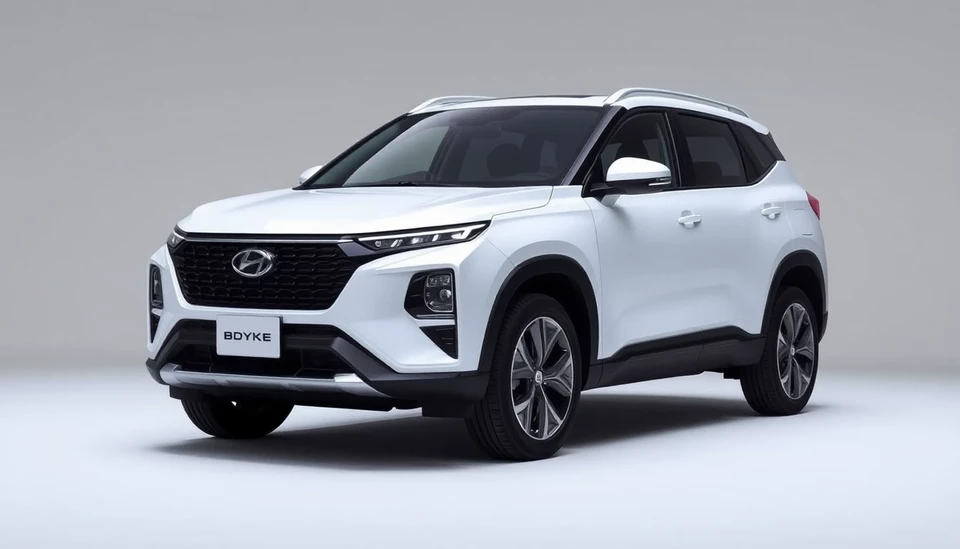
In a significant move to expand its presence in the electric vehicle (EV) sector, Chinese automaker BYD has announced an ambitious plan to win over South Korea's competitive automotive market. With the introduction of its latest model priced at approximately 21,600 USD, BYD is strategically positioning itself against established players in South Korea’s EV scene.
As the global demand for EVs continues to surge, South Korea has proven to be a crucial battleground for automotive companies looking to carve out a niche in this growing sector. Known for its strong automotive industry led by giants like Hyundai and Kia, South Korea presents both challenges and opportunities for newcomer BYD. The company's approach focuses on not just price competition but also leveraging technology and features that cater to the preferences of South Korean consumers.
BYD's new electric vehicle is aimed at the mass market, appealing to consumers looking for cost-effective, eco-friendly transportation solutions. The vehicle is designed to provide an attractive balance of affordability without compromising on essential features, a strategy that has shown effectiveness in other developing markets where BYD has successfully penetrated.
In recent years, South Korea has placed significant emphasis on transitioning towards electric mobility as part of its national strategy to reduce carbon emissions and combat climate change. The government has announced various incentives for EV purchases, including subsidies and tax breaks, which could further aid BYD’s efforts to gain market traction.
Key to BYD's strategy will be establishing a robust distribution network in South Korea. This includes partnerships with local dealerships and service centers to ensure that customers have access to maintenance and support after purchasing their vehicles. Additionally, BYD aims to enhance its brand awareness through targeted marketing campaigns, showcasing the technological advancements and reliability of its EV offerings.
Another aspect of BYD's approach will involve emphasizing sustainability and the environmental benefits of its electric vehicles. As consumers become increasingly conscious of the ecological impact of their purchases, BYD's commitment to sustainable practices and manufacturing could resonate well with eco-minded South Koreans.
Despite the dominance of local manufacturers in South Korea, BYD's proactive measures and competitive pricing may position the company for success as it seeks to establish a foothold in this dynamic market. The company will also have to navigate the complexities of regulatory frameworks and local consumer preferences that can differ significantly from other markets where it operates.
As the electric vehicle landscape continues to evolve, BYD’s endeavors in South Korea could serve as a test case for how foreign automakers can compete in markets traditionally dominated by local players. With the right mix of strategy, pricing, and local engagement, BYD could significantly alter the dynamics of South Korea's EV market in the coming years.
#BYD #ElectricVehicles #SouthKorea #AutomotiveIndustry #EVMarket #Sustainability #GreenTransportation #CarCulture
Author: John Harris
